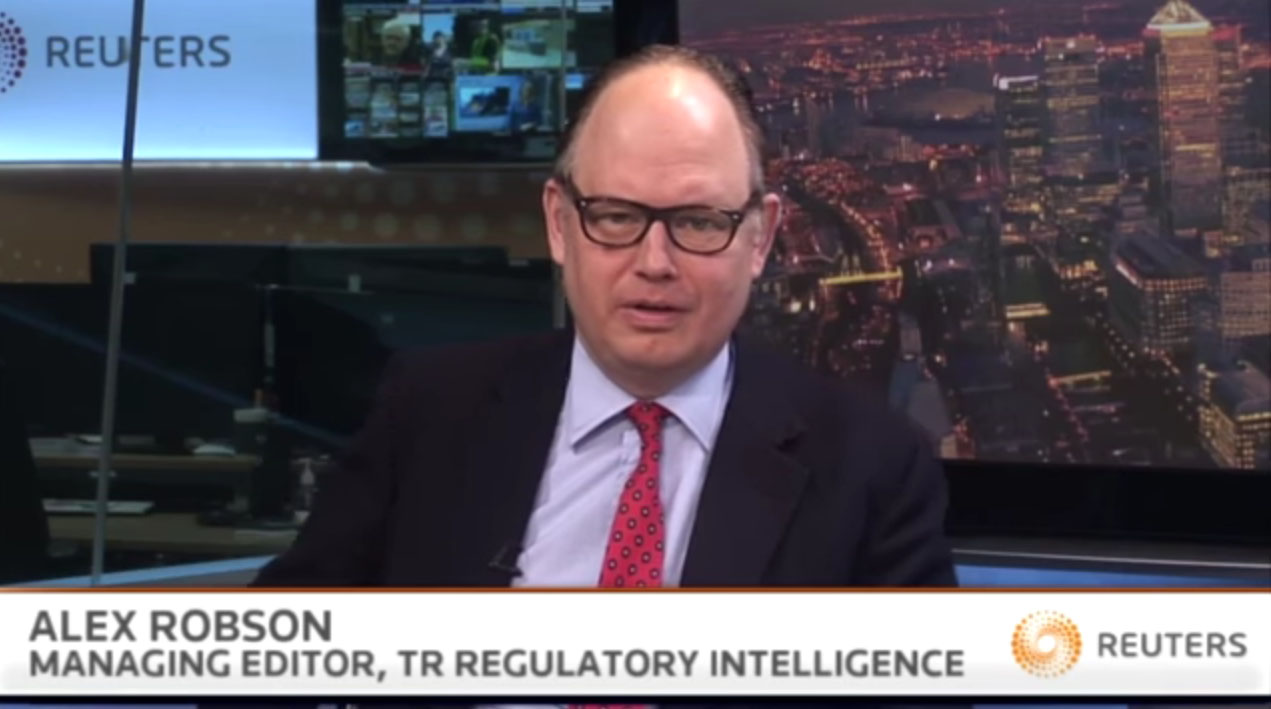Thomson Reuters today announced the findings of a new study revealing that while many financial services firms are making strides in defining conduct risk, there’s little tangible progress in their efforts to formally approach addressing it within their organization. Meanwhile, compared with last year, Globally Systemically Important Financial Institutions (G-SIFIs) have made the biggest strides in both defining conduct risk and implementing formal conduct risk policies within their organizations.
The Thomson Reuters Conduct Risk Report 2015/16 follows-up on last year’s study by looking at what practical actions firms have taken, as well as what overall change and progress has been made since.
Thomson Reuters surveyed more than 260 compliance and risk practitioners from financial services firms — including banks, insurers and fund managers — across the Americas, Europe, Australasia, Asia, the Middle East and Africa to gain insight into how the industry is defining and responding to conduct risk.
Key findings from the report include:
64 percent of respondents still do not have a separate working definition of “conduct risk” — a modest decrease from 2014 when 81 percent of respondents reported not having firm-specific definitions. Amongst G-SIFIs, only 43 percent have not defined conduct risk, a significant decrease from 2014 when 74 percent had no definition for conduct risk.
32 percent report that their firm’s approach to conduct risk is in the development phase, 37 percent state that it is implemented but requires additional work and resources. G-SIFIs have done the most, with 41 percent saying their approach is implemented but still needs additional work and resources.
70 percent of respondents said the regulatory focus on conduct risk would increase the personal liability of senior managers, with 80 percent of G-SIFIs expressing the same view. This is a slight change from the previous year, which was 67 percent and 75 percent, respectively.
52 percent reported an increase in board-level focus on conduct risk in the past 12 months, coinciding with 51 percent of firms having a senior manager responsible for conduct risk. And 63 percent of firms expect an increase in the cost of time and resources that will be devoted to conduct risk in 2016.
Despite the lack of a definition for conduct risk, there appears to be international agreement about the main components. “Culture, ethics, and integrity,” and “corporate governance and tone from the top,” as well as “conflicts of interest,” are all common components.










